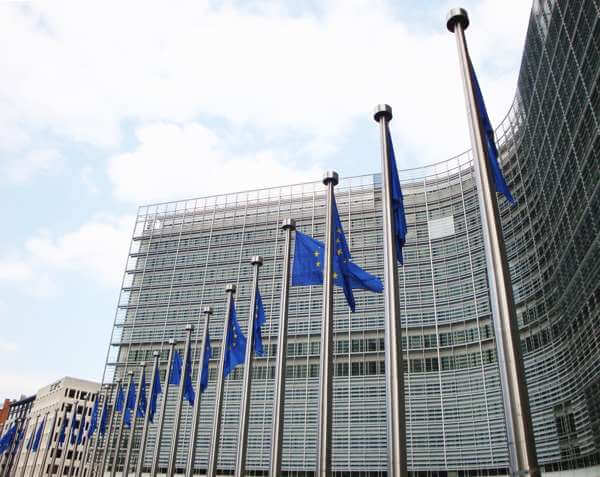In the village, they say that work is done “at the bottom of the field”, and not at its top, when everything is over. Convinced that everything was over with the declaration of independence of Kosovo, no one from the influential world wanted to talk to Serbia about any concessions or any change in “reality” that they thought must be accepted. However, the talks started at one point, even “at the top of the field”, but, step by step, the matter returned to the beginning, to the “bottom of the field”, where the negotiators approached the natural place for a fair agreement. It took Serbia and Aleksandar Vučić, as its main negotiator, years and a huge effort just to put that initial “reality” on a real level, and it is as far from Kosovo’s full independence as it is from the so-called return of Kosovo to Serbia’s constitutional order, whatever that meant.
In that interspace, in which it is only possible to find a political, compromise solution, which will never leave anyone without their dignity, but also will never declare an absolute winner, we are still today, almost ten years after the story of Kosovo was returned to the negotiating table. Even when today someone (Avdullah Hoti) tries to return things to the beginning, by saying that the final agreement on Kosovo is already being written in Brussels, without anyone from Brussels denying it, the reality is relentless. The negotiators are far from the job done, they are in a zone where negotiations are truly taking place, without quick final solutions, without tricks with unilateral moves, without imposition and blackmail, without everything that they managed the Balkan negotiations with in the last three decades.
In the European Union, which, after a long break due to its own passivity, has taken over the dialogue again, it is as if they are trying to ignore that reality. Their bias (in favor of Kosovo) comes to the fore much more often than their declarative neutrality in leading the process. If Emanuel Macron can say that France will help Kosovo in negotiations with Serbia, it is natural that lower officials, the European Parliament’s rapporteurs for Serbia, that is, Kosovo, follow the same lobbying logic. When that is already the case, then it is also natural for Serbia and its leader to clearly point out the destructiveness of such a biased position of the EU and to remind it that it must be undecided, because only in that way will it have the full credibility of a responsible and well-meaning mediator.
And when it is slowly introducing the story of the “final solution” to the public, the EU should have some more elements ready, which at some point will have to support its growing enthusiasm for solving the problem in its backyard. For example, guarantees to Serbia that at some point it will become a full member of the European Union.
Yes – everyone in Brussels will say, it is unrealistic to give such guarantees, because the candidate country (Serbia) must go through a long and demanding negotiation process with the EU and meet the criteria… That is true, but it is also true that the decision on enlargement (admission of new members to the EU) is par excellence political decision, and that the form will be easily adapted to the political decision, if it is made beforehand. We will not go too far into the past. The way Romania and Bulgaria were admitted to the EU in 2007, for example, confirms the primacy of the political over the formal. Even today, 13 years later, both of our eastern neighbors are under pressure from Brussels to meet some of the European standards that they did not meet in the accession process. But their transition is formally long over, they are stable and prosperous members of the EU, formally equal to others.
The Kosovo case is an ideal opportunity for the EU to show that it has overcome disorientation, which paralyzed it back in June 2016, when the British left it. Following the historic decision on a giant covid-budget of solidarity for all its members, the Kosovo process is a great opportunity for the EU to confirm that it is a community with strength and a vision of a clear future. To achieve this, it needs to manage the Kosovo dialogue so that it receives clear, predictable and tangible benefits for both actors – Belgrade and Pristina. It is time to make a clear commitment. As for Serbia, it can be a clear European and signed commitment to become a member of the EU two years after the conclusion of the agreement with Pristina. This is the only way in which the EU can, on the one hand, dismiss objections to bias, and on the other hand, gain full credibility with the key and irreplaceable negotiator in the conflict it wants to resolve, and that is Serbia.
Everything else is empty Brussels vocabulary, and politics, which we have been looking at for 17 years (since the Thessaloniki summit) and which have not brought change to the Balkans. Everything else are discouraging changes and negations of the publicly proclaimed European policy, and that is the inclusion of Serbia and the Balkans in its ranks. Everything else is not really European, but someone else’s policy, which does not want Serbia and the Balkans to be part of an orderly and prosperous European family. It is a policy that wants this region to remain forever the scene of the conflict of poor and increasingly fewer nations, who are disappearing in the hope that the mythical power of their distant Orthodox brothers will save them. The EU does not want the Balkans like this, but it needs to make that clear.
